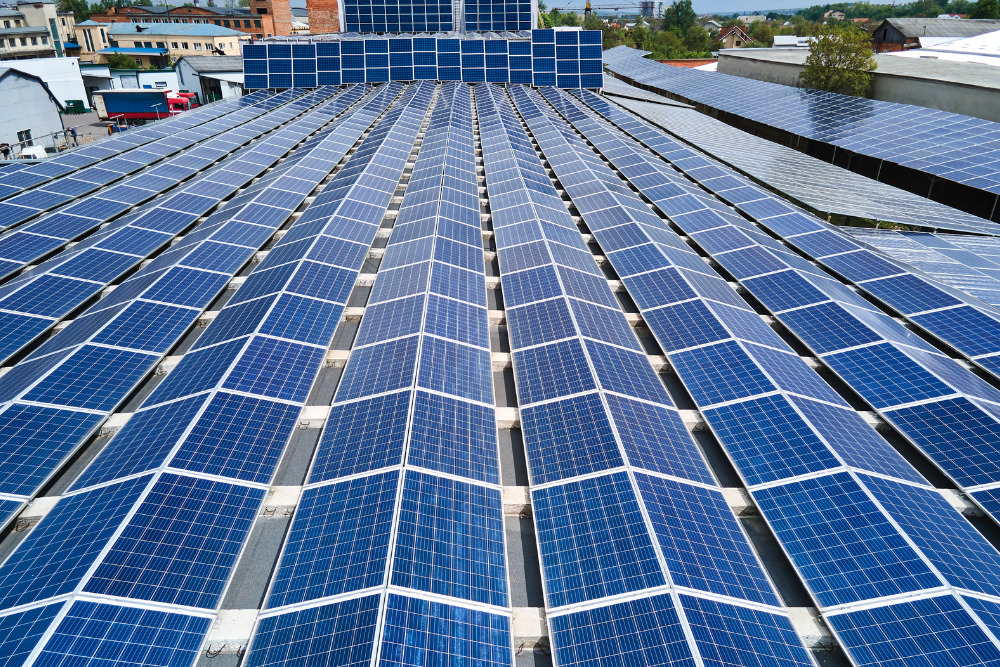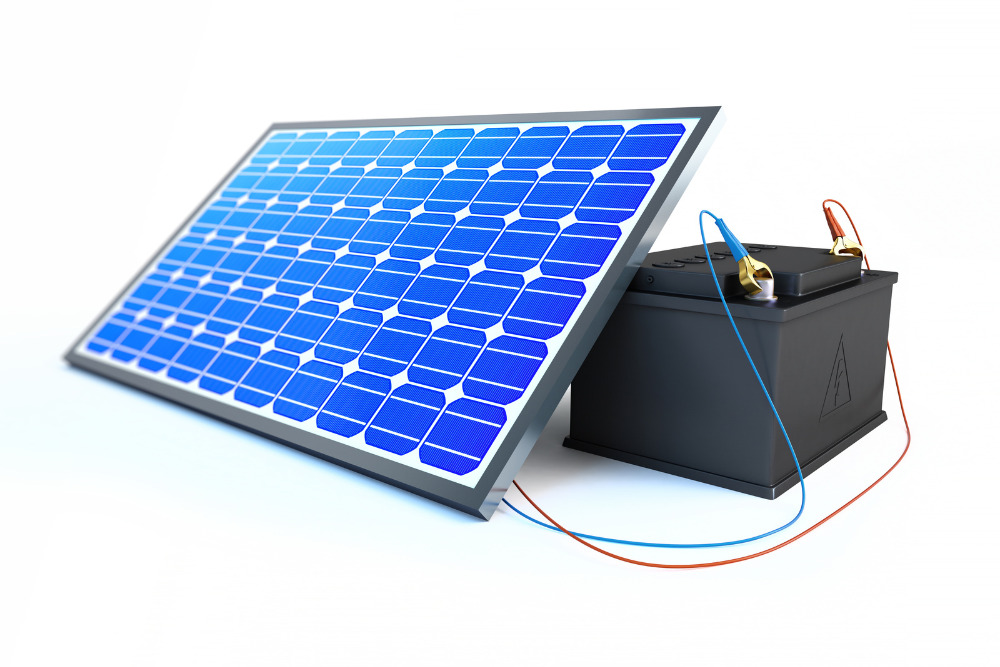
There are many ways for a business to reduce the cost associated with going solar. Solar tax incentives are tax cuts by the government to reduce the overall cost of a business’s solar panel system.
There are both federal and state tax credits, plus additional rebates and incentives that can be stacked to save businesses money on solar. Businesses can also write off the depreciation of equipment, and depending on the state, the solar system may be exempt from the business’s property tax bill.
It’s important for a qualifying business to do their research and work closely with a knowledgeable installer to optimize their savings.
What Tax Incentives Are There For Businesses That Install Solar?
Businesses can benefit from several tax incentives to reduce the cost of solar equipment and their federal income tax liability. These include:
Investment Tax Credit (ITC)
Also known as the federal investment tax credit, this is a one-time tax credit for solar photovoltaic (PV) systems for businesses and homeowners. It provides a federal tax credit for the total cost of the PV system installed in the tax year. It works by reducing the amount of income taxes a business owes.
Here’s how the current solar investment tax credit works:
- All systems installed between 2022 and 2032 receive a 30% ITC of the total system cost.
- Solar energy systems installed in 2033 will earn 26% ITC of the total system cost, while those installed in 2034 will earn 22%.
This means businesses going solar before 2032 will enjoy a 30% tax credit of the total system cost.
Production Tax Credit (PTC)
As the name implies, this is a tax credit you earn for each kilowatt-hour of electricity produced through solar or other renewable energy sources. You'll get this credit for the first 10 years of your system's operation.
You'll earn 2.75 ¢/kWh PTC if your business meets the labor requirements. Businesses can utilize this incentive to reduce federal income tax liability.
NOTE: Businesses cannot claim both credits for the same property. However, they may be eligible to claim both for co-located systems. Business owners planning large, complex solar systems, or those with multiple renewable energy sources, should contact the IRS for guidance.
Eligibility requirements for either of these tax credits include
- Your business's solar system must be located in the United States.
- You must use new or limited previously-used solar equipment.
- The solar system shouldn't be leased to organizations that enjoy tax exemption, such as nonprofits.
- Your business should be eligible to remit federal income taxes.

Other tax incentives
You can also benefit from other solar incentives, including:
- The Rural Energy for America Program (REAP): This program by the US Department of Agriculture gives loan guarantees to farmers and small businesses in rural areas to install renewable energy. This makes it easier for small businesses to acquire loans and fund their solar projects.
- State tax incentives: Many states encourage clean energy use by offering solar users rebates, incentives, and state tax credits that can be “stacked” with the federal solar tax credit or PTC for even more savings. Some states with the best incentives include New York, Colorado, Massachusetts, Maryland, and Connecticut.
What's The Difference Between Solar Tax Credit & Solar Tax Deduction?
Solar tax credit: this is a reduction of your federal tax liability (income taxes owed).
Solar tax deduction: this is a reduction of your total taxable income.
Tax credits will save you more money than tax deductions.
Can You Write Off Solar As A Business Expense?
Yes, you can write off solar as a business expense on your tax return. However, to qualify as a business expense, it must exclusively serve your business and not be connected to any part of a business owner’s personal properties.
How Much Does Solar Cost For A Business?
The cost of commercial solar is measured in dollars per watt and ranges between $2 and $4 per watt. However, this price varies depending on the components, size, configurations, and labor costs. A small business may spend $50,000 on solar while a large warehouse installation may cost millions.
Generally, commercial solar systems are expensive since they're large and require more components and installation costs. But, you can take advantage of the available tax benefits to reduce the upfront costs.

How Much Can A Business Save By Going Solar?
The amount you can save from going solar varies from business to business and depends on energy costs in your area and your energy usage. Electricity costs typically make up between 15%-30% of a business’s operating costs.
However, solar energy is cheaper than electricity, so your monthly financing payment should be lower than your previous electricity bill. Although it may take a few years to recover the investment, you'll enjoy the full benefits for longer.
To get a better overview of how much a solar PV system will save your business, contact several installers for free estimates.
What's The Return On Investment For Solar For Businesses?
There's no specific number when it comes to return on investment for solar for business. Your ROI will depend on several factors, including:
Size of the solar system: An extensive solar system requires more capital and will take longer to recover the investment than a smaller project.
Weather: Solar power systems depend solely on sunshine. If you're in a place with more sunlight throughout the year, you'll get a faster return on investments since you'll produce more energy.
Cost of electricity: The higher the cost of electric in your area, the faster you’ll achieve an ROI on your system.
Tax credit and incentives: You can use available state and federal government solar tax reductions to reduce the overall investment cost and realize a faster ROI.
Net metering: Businesses can also take advantage of net metering billing to send excess electricity back to the grid in exchange for energy credits. Large commercial facilities, like warehouses, can partner with utility companies to sell the energy to low-income households at a discount. This helps businesses achieve an ROI faster while also supporting their commitment to social and environmental responsibility.
Increased revenue: In addition to selling excess electricity, you can also use solar to elevate your brand by incorporating SolarSkins into your solar system. SolarSkins are customized solar panel overlays that visually display your branding, logo, or any other design you choose. Your business will enjoy enhanced visibility and draw in new customers, ultimately increasing revenue and brand recognition as a business committed to sustainability.


